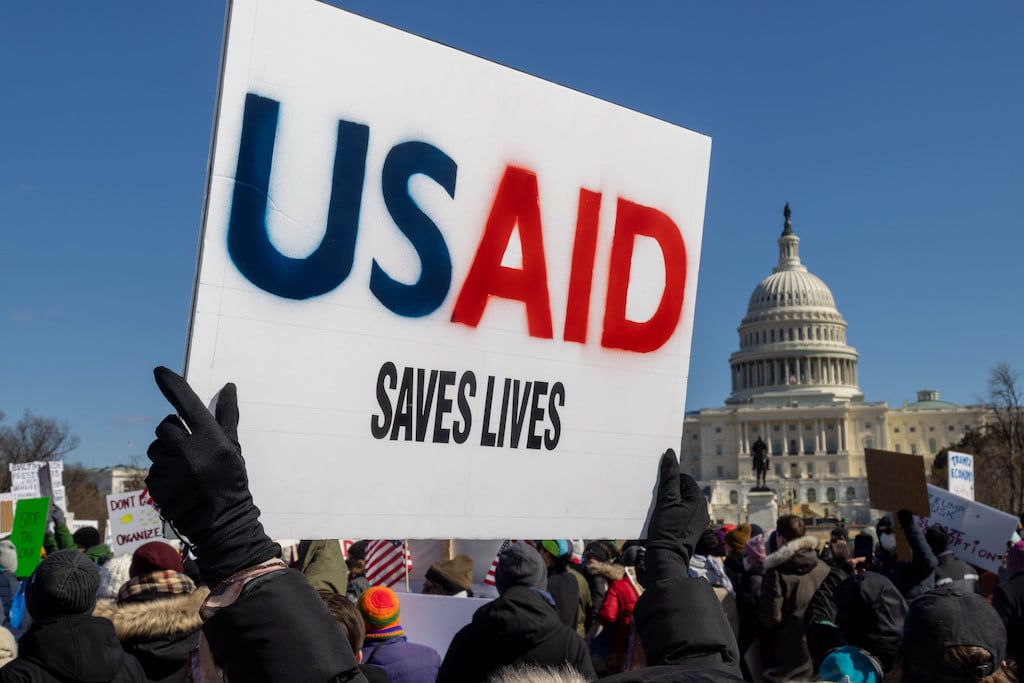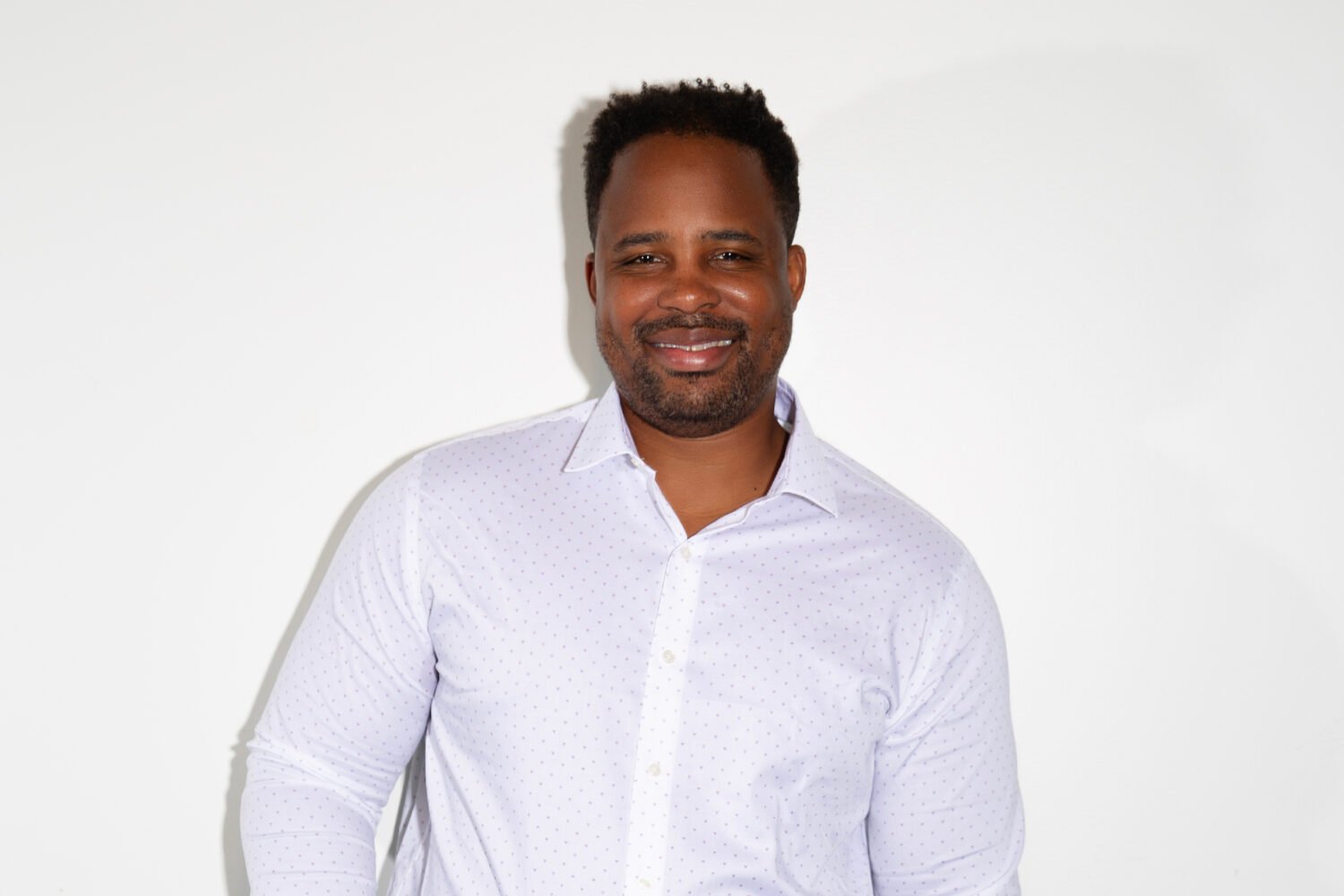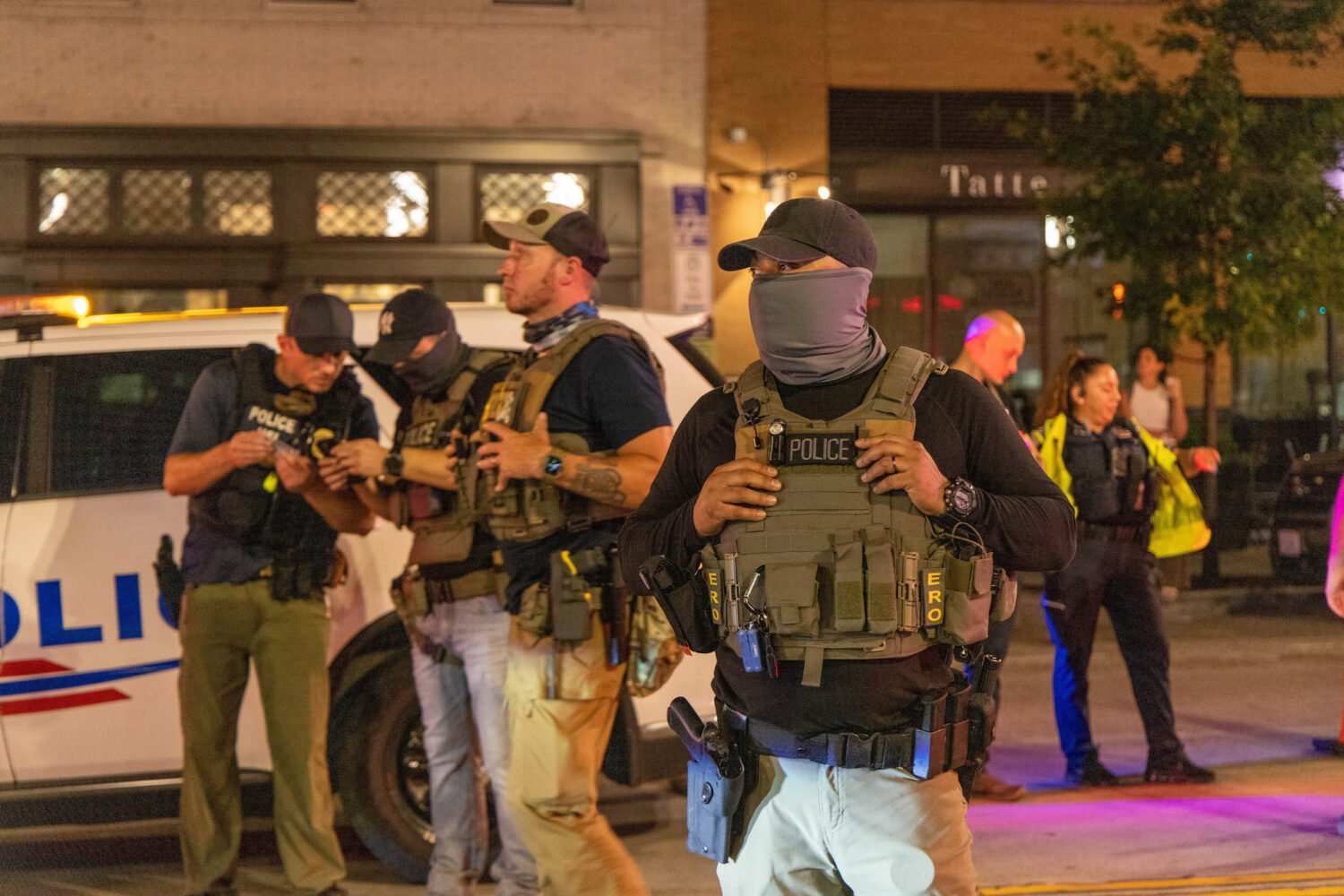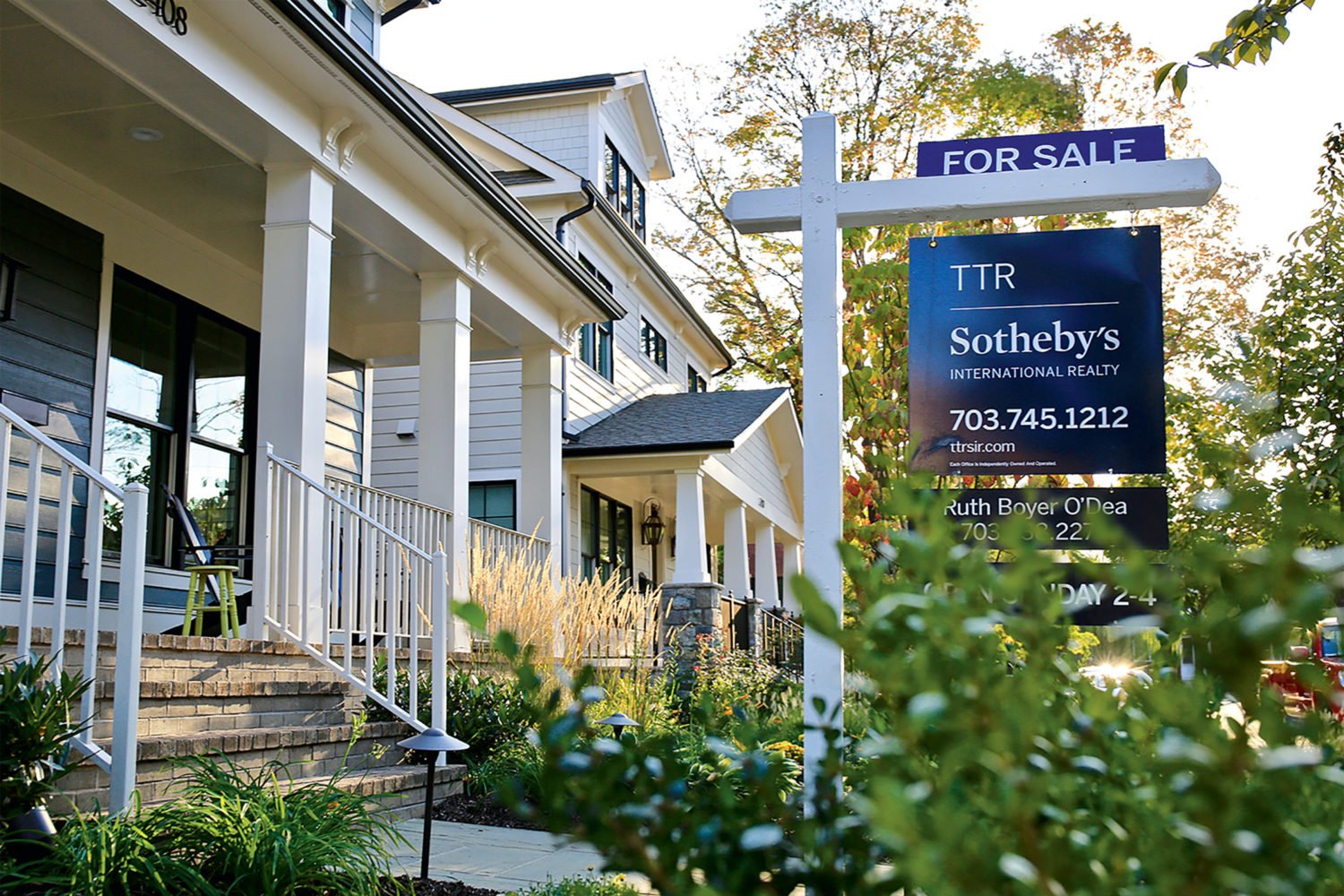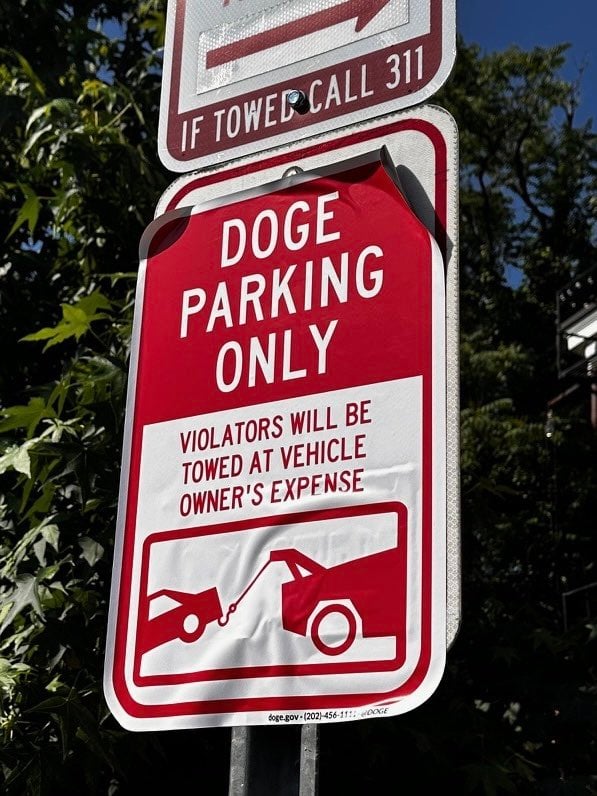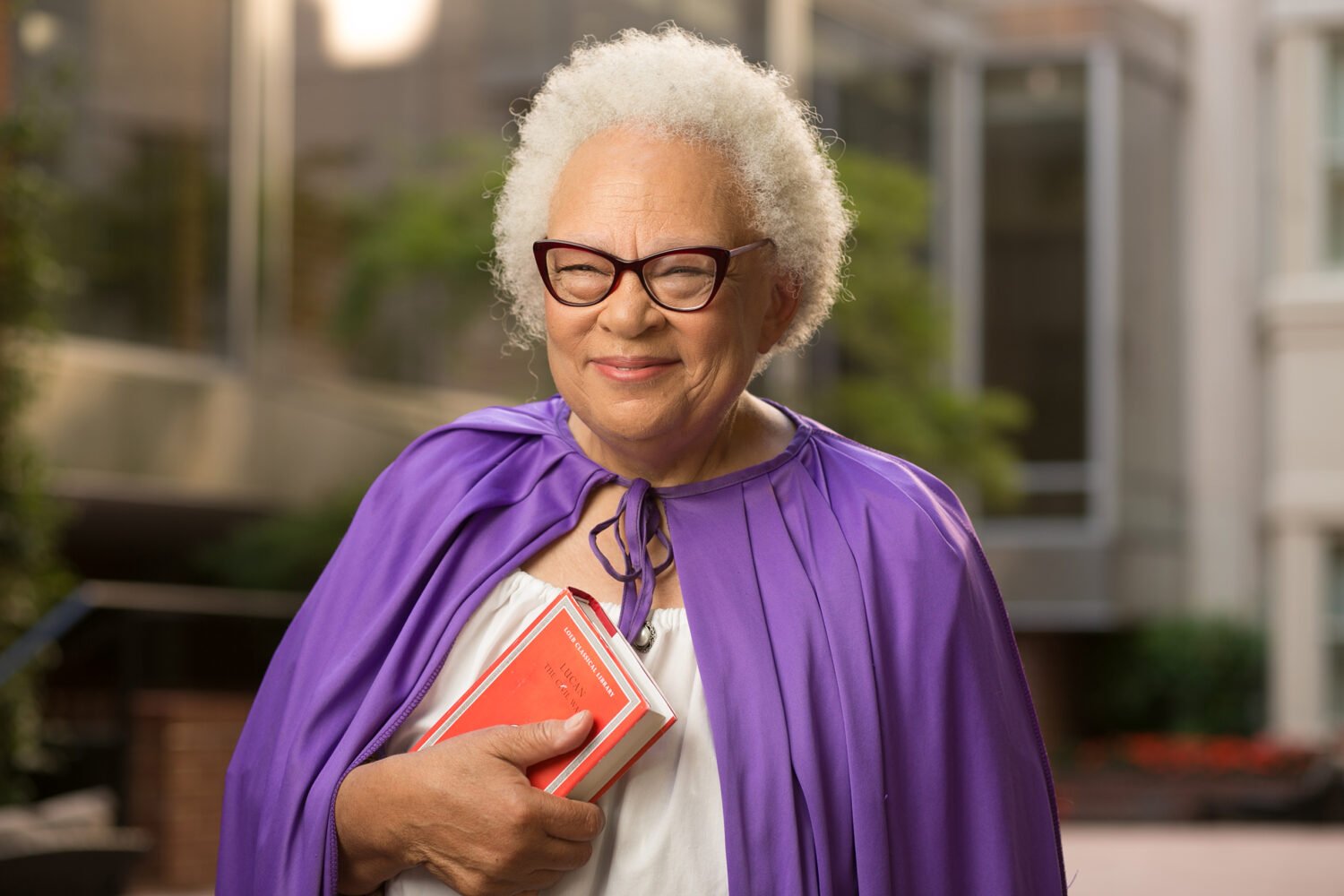How have the wild initial months of Donald Trump’s return to the White House landed on Washington? We asked the people who live and work here to tell us—in their own words.
Today, we hear from Megan, a former worker at US Agency for International Development, which the Trump Administration has largely dismantled and is attempting to fold into the State Department. Megan asked to only be identified by her first name. (Editor’s note: the following interview has been lightly edited for space and clarity).
What’s your background with USAID?
I started in [the late 2000s], and have worked in different capacities for a number of years—always in global health at USAID, and then I’ve also worked for some USAID partners, managing projects primarily for HIV and AIDS, but also for other global health areas.
One of the last things I was doing was helping to get the office prepared for the [presidential] transition. I was trying to make sure that all the information was available so that the new administration could be briefed and they would have an understanding of the work that was being done. Also, I was strategizing about how people could come back to the office, and how we would manage the changes that we expected under the new administration.
Then the new administration got sworn in, and four or five days later they put a pause on foreign aid. Then the contractor I worked for immediately ended all of our contracts—there were like 400 people that worked under that contract. On a Monday, we were told that the next day was basically our last day. We were not supposed to work, it was administrative leave and that was it.
Everyone was scrambling. We had like no notice, no ability to plan. A number of people were on maternity leave and weren’t even in the office or aware of what was happening. There were people traveling around the globe. All of these changes were just very abrupt and very disruptive to the mission of USAID and also disruptive to the US government.
How did all of this make you feel?
It was pretty devastating and hard to come to terms with. Everything I had been doing and thinking was important for myself, the US government, and the world was just gone. I always liked doing work that benefited others, and the thought of going to work in the private sector or working for a company, it’s just not the same.
The pointed cruelty of what they did and the lack of care about the impact of what they were doing, to people in the US and around the world, is very hard to comprehend. The people doing it obviously just don’t care, but it’s hard for me to imagine being that person. How could you not care about the impact of what you’re doing?
Also, there’s just so much anger. Looking through the daily barrage of everything that was happening, the intent was to overwhelm everybody, which they succeeded at. But it’s just outrageous, and hard to get through it all so I can get to a place where I’m able to take some action or have an impact or do something. I’ve stopped looking at Signal chats all the time and stopped reading the news and tried to just make it a little more of a sane space for me to figure out what to do throughout the day and then what I want to do in the future.
Was there any moments that stood out to you?
When the direct hires were put on administrative leave, the management gave everybody like 15 minutes to go into their offices and get their stuff—some people had been there for their whole careers, how do you gather all that in 15 minutes?
But people organized a clap out. I went down there a couple of times and it was just very emotional. When people came out, we’d show some appreciation for them. I noticed that they’re doing that at other agencies now, like at the Department of Education. The fact that people who don’t know these workers and might not even be associated with USAID [were clapping], I don’t know why that gets me, but it does. Just that they would take the time to go down there. There was one woman standing next to me that asked for some tissues. I asked her if she knew people that worked there, and she just said “no”—she worked her whole career for the World Bank but just felt really strongly that she wanted to be down there.
I was glad I didn’t have to come out because I would not have been able to keep it together. They let us go immediately, so I didn’t really have anything I needed to go back in for. For the contractors, we didn’t have that same ability to go back to get stuff and say goodbye.
What has life looked like for you and your coworkers since then?
People have been very supportive of each other and have been sharing information. Everybody, of course, had to start enrolling with unemployment. People had to start finding ways to get health insurance on the exchange or through COBRA. People are sharing job postings, sharing career fairs that may be happening, as well as opportunities for advocacy—like going down to the Senate and trying to speak with different representatives. The USAID workforce is from all over the country, so trying to hook up people from the different states or districts with their representatives so they can share their story there as well.
For me, it’s been a mixture of trying to find work and trying to think about how to reshape my resume and career, since the place I’ve been working for the past 20 years, the whole field, is gone. There’s so many other people with similar skills and expertise, and all of us have to figure out how to reshape our professional lives in an environment where there’s not going to be that many jobs. It’s been clear there won’t be a lot of foreign assistance funding, there won’t be a lot of engagement of the US with other countries on issues like global public health. The opportunities are limited. I’ve been looking at local and, within the DMV, state jobs. I’ve been looking in academia. There are some philanthropies or private foundations that are still working.
But also, I’ve been thinking, is it going to be sustainable to continue living in Washington, DC? I know I’m not the only one thinking about that. If there aren’t jobs here for the foreseeable future, and the cost of living here is so high, I think a lot of people will be thinking about going somewhere else. Luckily, my spouse is still employed. So, I’m not in the same circumstance as a lot of people where both partners worked for USAID and they’re both immediately out of work.
What support have you felt from people in DC?
I live in the Capitol Hill neighborhood. There’s so many people here that work with or for the government in one regard or the other. So just the support while walking my daughter to school and seeing people on the streets, everybody’s been very kind and generous and caring. It’s just a nice feeling. It’s also sad to think about how that might change if everybody moves away.
The thing about DC is that everybody here is somehow connected or knows somebody very close [to government], but the rest of the country—they don’t have that same sense of urgency or understanding of the impact [of the Trump administration]. It’s nice that people in DC here get it. They know how the government works, it’s all really complicated and arcane, but people here kind of understand it and understand the importance of speaking out and understand the importance of not letting things go just because it’s easier to try to move on. People seem to be very engaged, which is helpful, when compared to other parts of the country, where it’s a little more mysterious how Washington works.
Any other thoughts?
I first moved to DC first in [the early 1990s], so I’ve worked under different administrations in different jobs, but never has anyone ever anticipated anything like this. You always prepare for the transition. You know things are going to be different, and you know the policies, generally, that the new administration has. You’re a civil servant, so you adjust and you do your job. This has just been the most horrible thing. No one imagined this.

